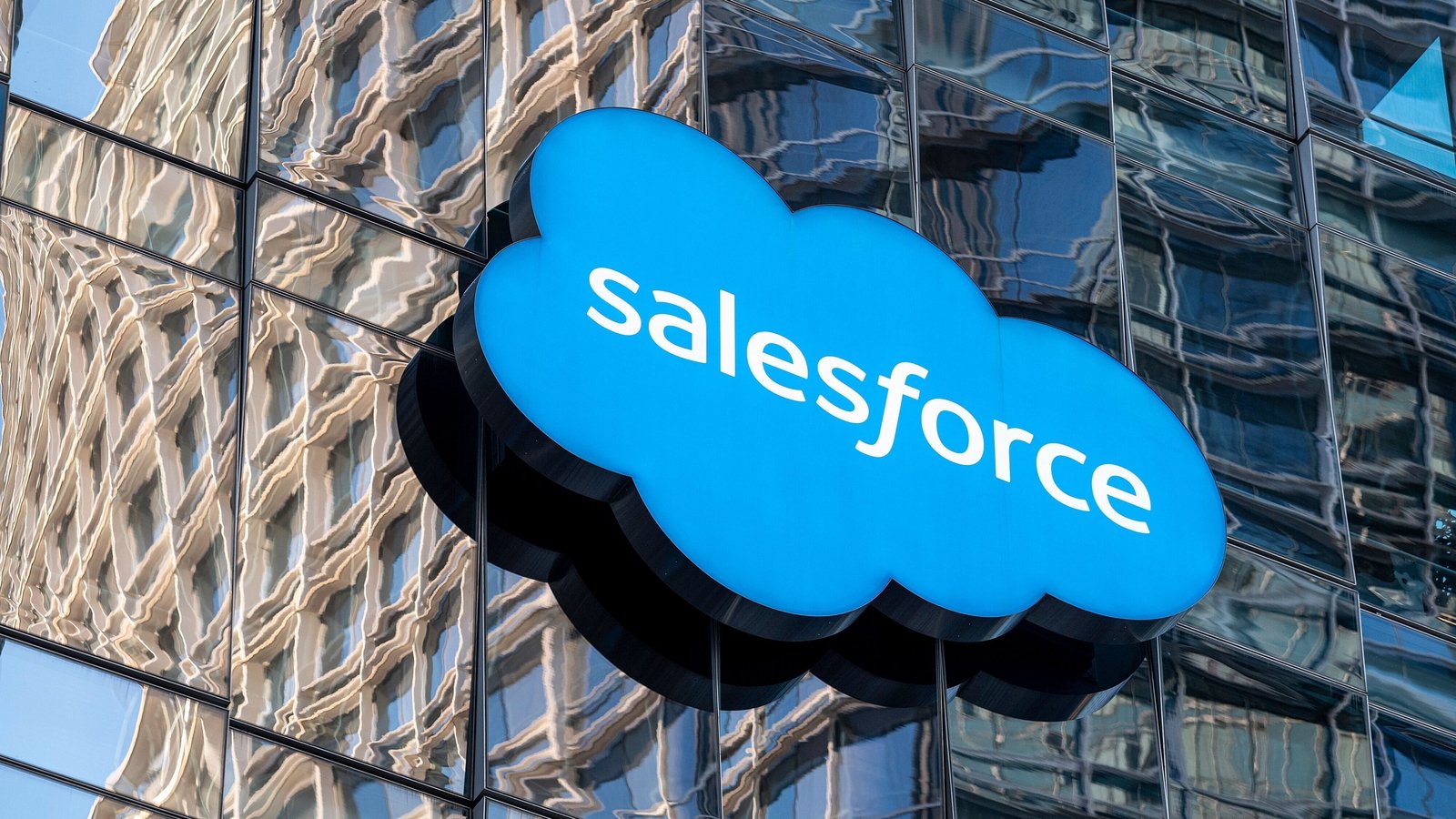Revenues at the main Irish based unit of enterprise software firm, Salesforce last year increased by 18% to $6.12bn (€5.86bn).
New accounts show that Salesforce’s central trading company in Ireland, SFDC Ireland returned to a pre-tax profit of $54.94m (€52.66m) on the back of the $936m increase in revenues from $5.18bn to $6.12bn in the 12 months to the end of January this year.
The firm with its Irish HQ at Salesforce Tower in Dublin’s docklands is headed up by former eir chief Carolan Lennon who was appointed to the board of SFDC Ireland on May 15, 2023.
The revenues for SFDC Ltd account for 17.5% of Salesforce’s global revenues of $34.9bn for fiscal 2024.
The directors for SFDC Ireland state revenues continued to rise due to increased performance in the Europe Middle East and Africa (EMEA) along with Asia Pacific (APAC) regions.
The directors state that they expect the business to continue to grow in fiscal 2025.
The company achieved the return to profit despite the costs associated with Salesforce progressing a group wide restructuring plan that included a reduction in its workforce by 10% and select real estate exits and office space reductions.
The directors state that in January 2024 a further 1% workforce reduction was announced impacting a number of global teams.
The directors state that the impact of both initiatives is reflected in the Full Year 2024 accounts.
The company sells Salesforce products and services in Europe, Middle East and Africa along with Asia Pacific along with providing consulting services and support to customers.
The company recorded an operating profit of $5.33m after recording an operating loss of $997.5m in the prior year.
Net interest receivable of $49.7m compared to interest costs of $5.66m in the prior year resulted in the pre-tax profit of $54.94m.
The company recorded a post tax loss of $53.55m after incurring a $108.49m corporation tax charge.
The new accounts show that employee numbers at SFDC reduced by 3% or 101 from 2,918 to 2,817 during the year made up of 1,760 in sales and 1,056 in administration and one in management.
Staff costs increased from $417.45m to $425.53m made up of $323.35m in wages and salaries, $36.38m in share based payments, $50.82m in social insurance costs and $14.97m in pension costs.
Pay to directors increased from $747,772 to $1.42m that were mainly made up of emoluments of $1.06m and $315,384 in gains on exercise of share options.
At the end of January last, the company had shareholder funds of $22.54bn.
The profit takes account of non-cash amortisation costs of $1.5bn along with $36.43m in non-cash depreciation costs and a lease impairment expense of $44.99m.
The company also incurred a $10.62m cost on foreign exchange differences; a $6.3m loss on the disposal of fixed assets and $18.19m R&D expense.
Reporting by Gordon Deegan

